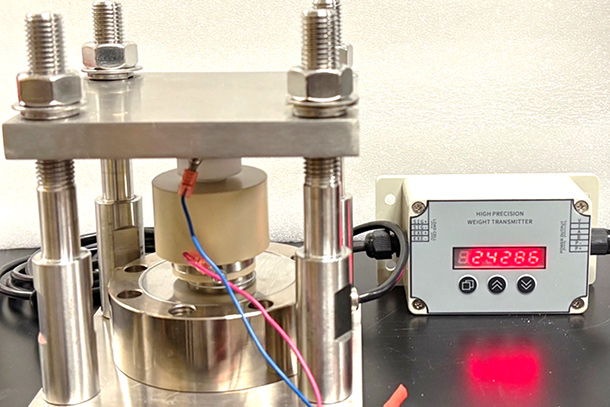Certification and Certificates in Engineering
Certification and Certificates in Engineering


John Koehr, Managing Director of Technology and Personnel Certification for the American Society of Mechanical Engineers (owner of ASME.org), says certifications and certificates are vital for employers to determine whether they can do a specific job.
Certification is defined as an independent assessment of a person’s qualifications and a testing of that. It allows a “leveling out” of the ways someone can achieve a qualification. A certificate, on the other hand, shows something achieved on the training side. Certifications carry a level of portability for anywhere an employee would perform that job, regardless of where they would go on to work. Certificates, at least for ASME, tend to be without a time limit on their validity while the opposite is true for certifications.
“The challenge of a certification is you are trying to create an assessment exam that’s fair and valid,” he says. “For us, we have a psychometrician (contracted licensed psychologist) who helps technical experts look at the content and do a detailed analysis of specific jobs or tasks. If someone doesn’t pass, there’s an appeal process to look at as well.”
Koehr says certifications vary in applicability and timeliness in mechanical engineering. “You look at the area of nuclear power and there haven’t exactly been a lot of plants built in the last 30 years,” he says. “Certifications in those areas won’t exactly be for everyone. But then you look at certified energy assessment practitioners. When you have standards and guides on compressed air systems and steam systems, then there’s potentially more value.” Current ASME certification programs include those for resource recovery facility operators, operators of high-capacity fossil fuel-fired plants, and geometric dimensioning and tolerancing professionals. Certificate programs include nuclear and engineering management, along with others in development.
The QRO has the most number of certificate holders and is for waste recovery resource operators. “We’re talking about burning garbage to make power,” Koehr says. “These plants are coming in all over the place and make sense from energy balance. These are not engineers but technical personnel. The next biggest is GDTP. That focuses on engineers, designers, and other office workers employing computer-aided drafting. “This can be a major help, “Koehr says. “Those who don’t have the skills to be specific in their drafting measurements can cost a company a decent amount of money.” The last program is QFO, Koehr says. “It’s a qualification of fossil operators for high-capacity heating and power boilers. There aren’t many certificate holders but, like many areas, it’s growing.”
Eric Butterman is an independent writer.
Certifications carry a level of portability for anywhere an employee would perform that job, regardless of where they would go on to work.









